|
Sci-fi and spec-fic routinely tell stories which involve 'advanced' humans or aliens - usually cartoonish extrapolations of ourselves. Over the last few decades a common trope is the 'AI' which becomes too human, or decides that humans are, for one reason or another, dangerously redundant. Artificial intelligence, if allowed unlimited development, might begin to guide its own evolution into a mind far beyond our means to comprehend - or control. The pinnacle of this speculation is commonly referred to as a technological singularity. Sadly, for the most part, writers use an intelligent 'singularity' as a poorly thought-out McGuffin, a deus ex machina plot device to serve the needs of the narrative. When I found my speculation about the near future heading in this direction, I was primed to reject even the concept of a singularity, largely on logical grounds. It can also be a cop-out for a writer to imagine a creature with vague 'super-powers' without thinking through what that might mean in a plausible alternate reality. My traveling circus in The Last Circus on Earth isn't what it seems, nor it's malignant leader, Mister Splinter. But as we head toward various forms of global collapse via global warming and the extinction crisis, I wanted to challenge the thinking and solve the problem at the heart of it all. How can we humans, and our myriads of cultures, survive the ruin we are causing to our planet and ourselves? So, for what it's worth, here are a few of the questions and problems I posed for my extremely unpleasant circus owner, Mister Splinter. If humans cannot overcome those forces destroying us, given unlimited funds, how could we build a better, 'advanced' human to survive beyond us? One who wouldn't create another smoking ruin of a planet, and would instead learn, adapt, nurture and prosper into the distant future. What things would we change in this new human to 'make them better'? Should we make us stronger? Fitter? Prettier? With heightened senses, and metabolically more efficient bodies? Would we give them a higher IQ? Greater focus? A new, more sophisticated global language? Is 'smarter' wiser? Do any or all of these tweaks advantage the individual in a meaningful sense? Do they advantage the wider community? Would emotion and reason, the two sides of the same cognitive coin, be unbalanced in a new ratio? Would ideology and religion be redundant? Would we still be social animals who demand and need communion? Would we be happier? How would governments and economies differ in a better way? What would stop narcissists, sociopaths and liars from taking over? And what if, in the middle of all this study and experimentation, tweaking genes, new tech and ideas, your time ran out, your unlimited funds disappeared, and there was a global collapse of societies and nation states? What if those years of multi-disciplinary research was about to die along with human civilisation. Worse! What if your ideas of a new human were fundamentally flawed and naive? What if the idea of a singularity was revealed to be ridiculous? And, finally, what if it was just you, a drug-addled and gene-ravaged researcher, a man now calling himself 'Mister Splinter', who understood all this, and had one idea left to try, and one rapidly diminishing chance to achieve it? How far would you go to save civilisation? How much pain would you inflict on your Frankenstein's monster? On a young man called Blanco... Illustration: Dylan Glynn, sourced from Veronica Sicoe's excellent blog, I Abduct Aliens.
1 Comment
Making the shortlist for the 2020 BookLinks Queensland Mentorship for The Fox was a real boost. Looking at the other authors on the shortlist, I genuinely resigned myself to applauding the deserving winner, so I wasn't too hurt they didn't mention my work during the preamble. It was a jaw-drop when my entry won the mentorship with Robin Sheahan-Bright. Author, editor and publisher of literature for young people, Sheahan-Bright is a multiple award-winner and publishing consultant. Will my gritty tale of a young man, living under the thumb of his father on a remote lighthouse island to the north of Hokkaido at the start of the Pacific War, find favour as an adventurous coming-of-age story with Robin? Or will her highly experienced counsel place me firmly back at the bottom of the literary mountain, bracing myself for a total rewrite? Writing isn't for the faint-hearted, and mountaineering persistence is required for every edit. As of today, Robin is reading my work. I'm strapping on the crampons. [Below is Todojima, a tiny island where this novel is set.]
|
Reviews & stuff
Archives
July 2022
Categories
|
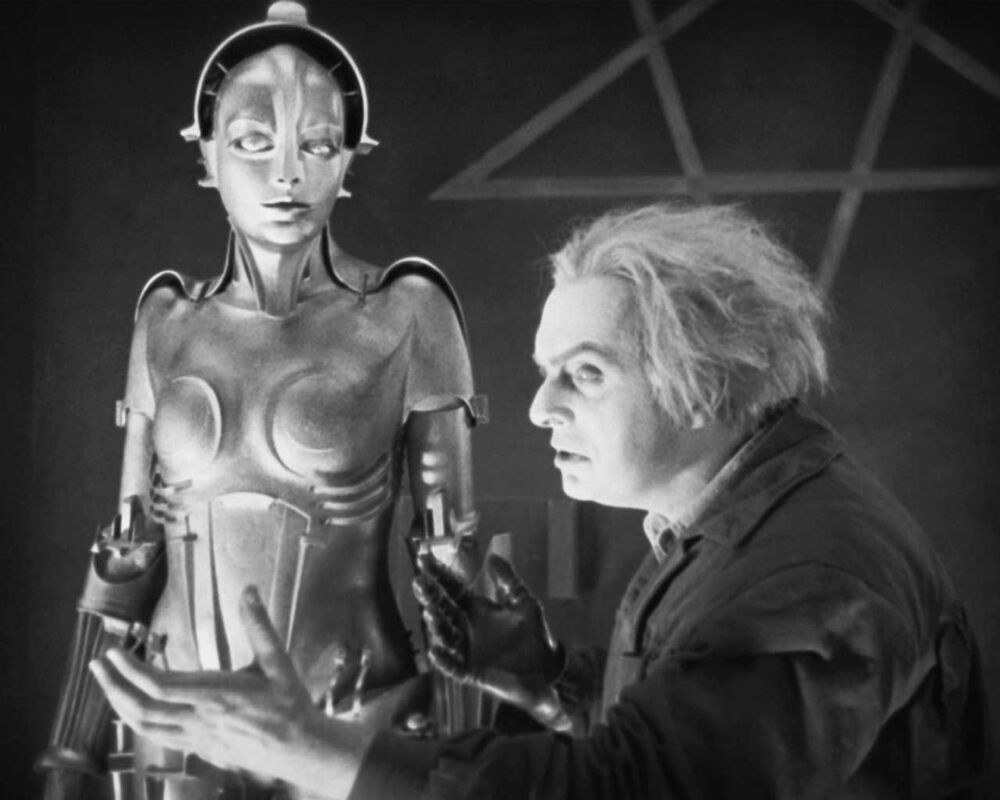
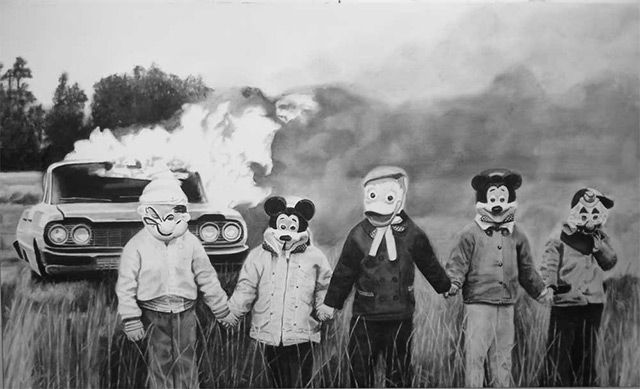
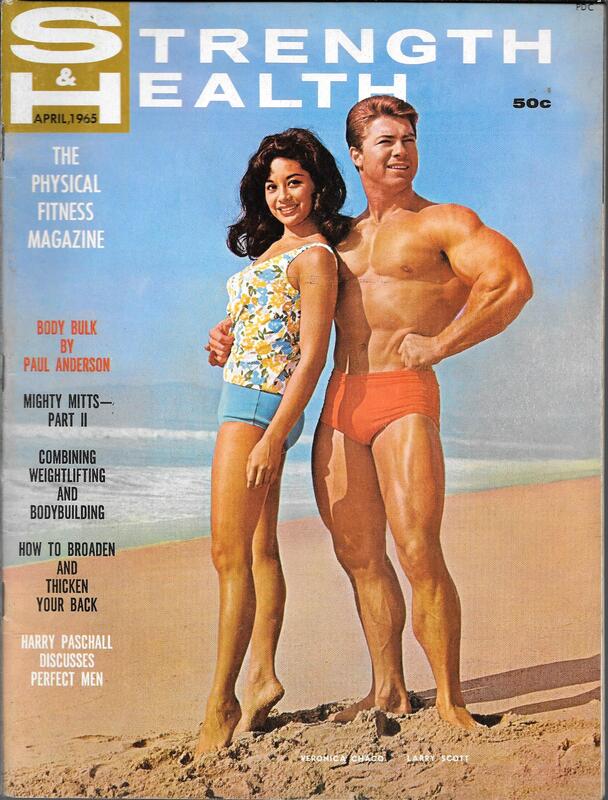
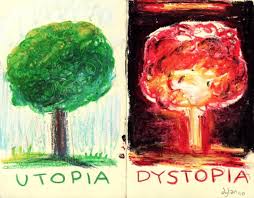
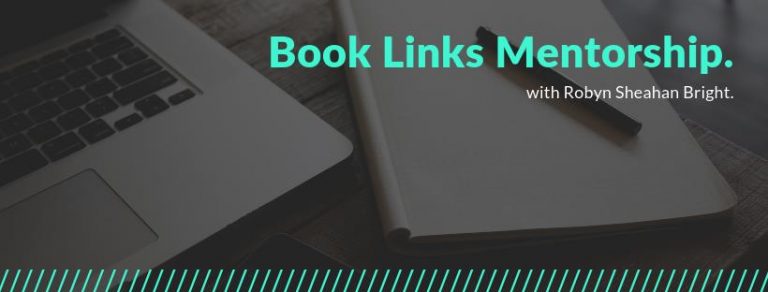
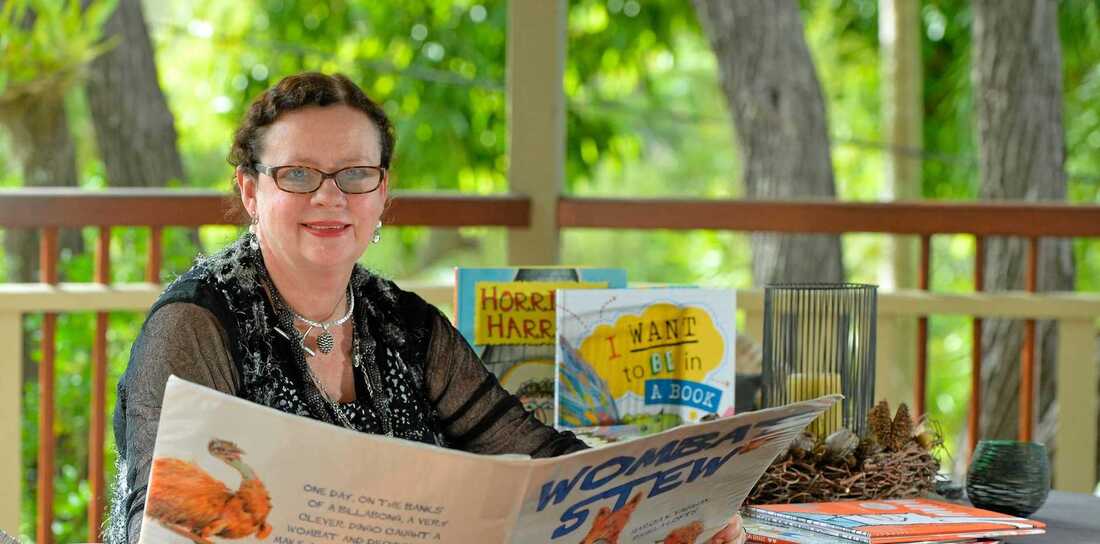
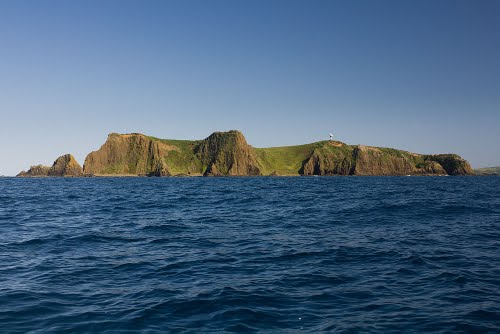
 RSS Feed
RSS Feed
